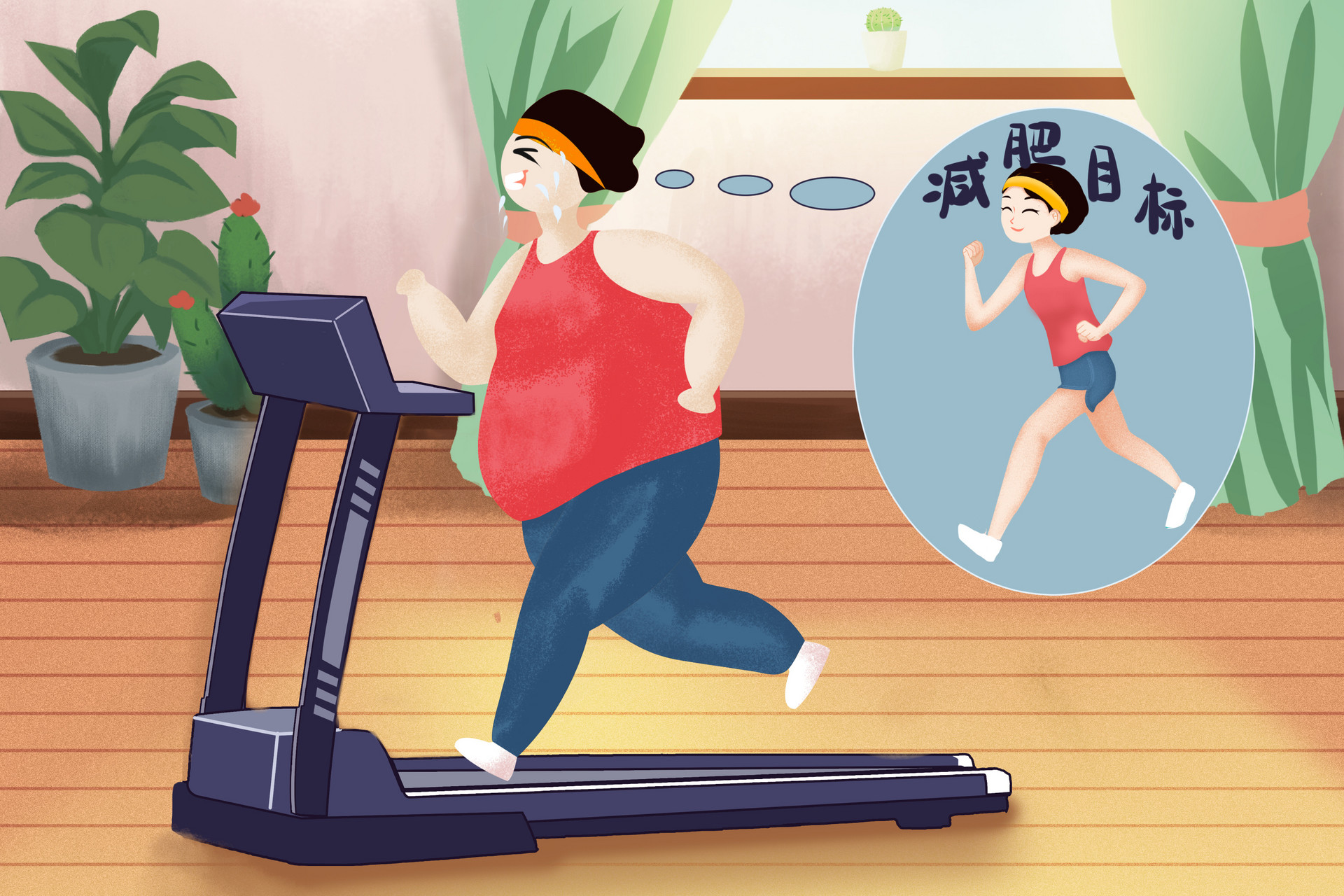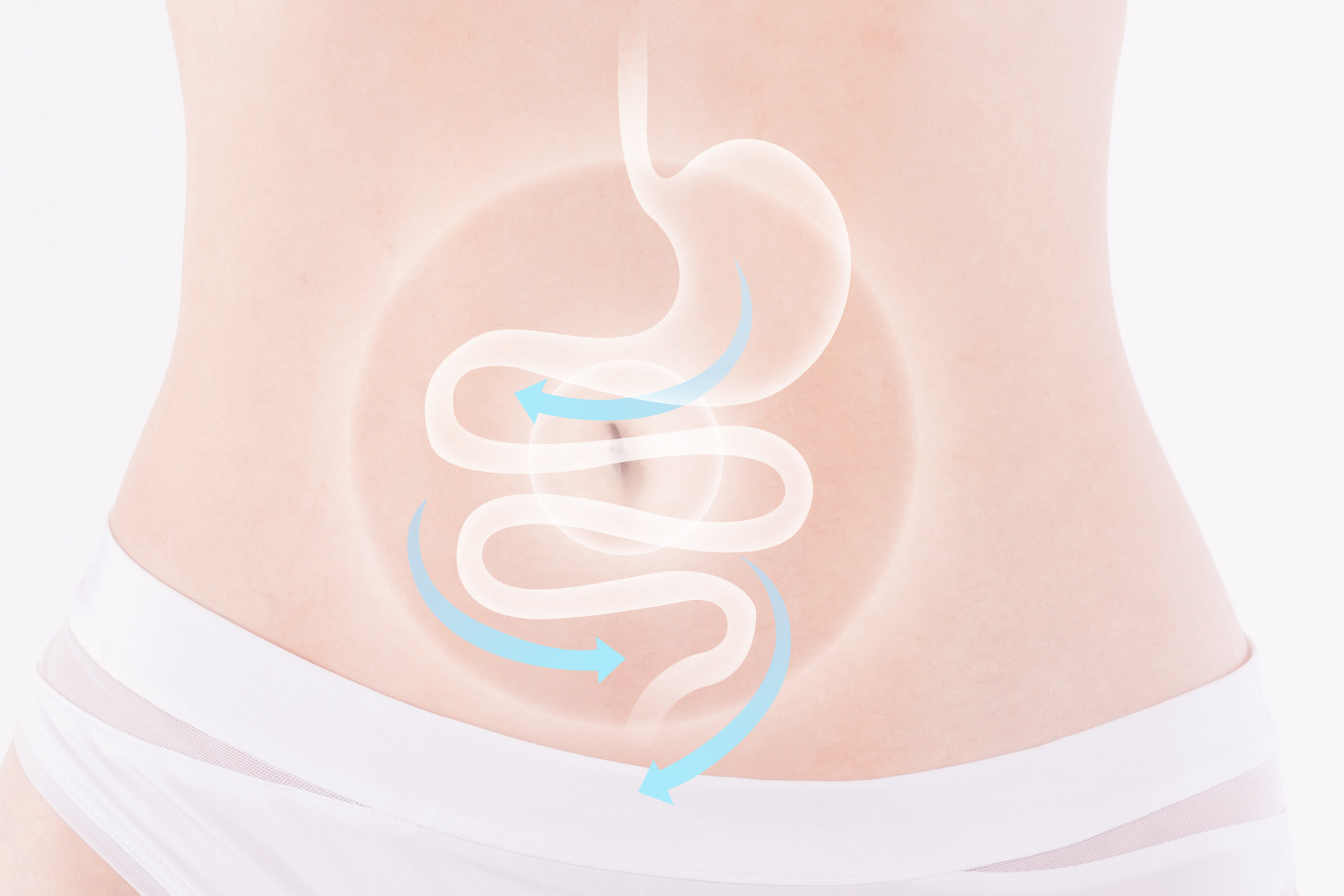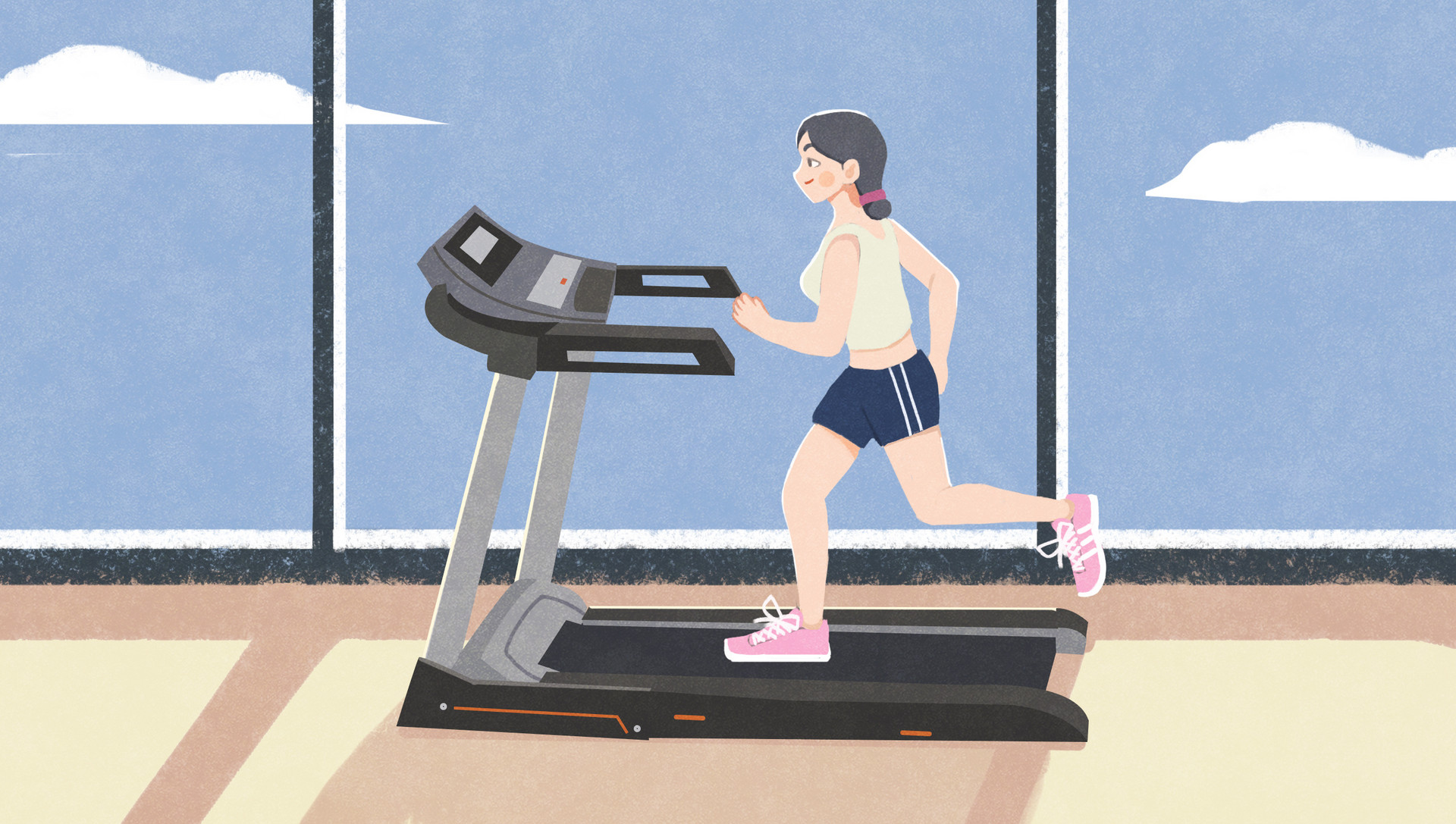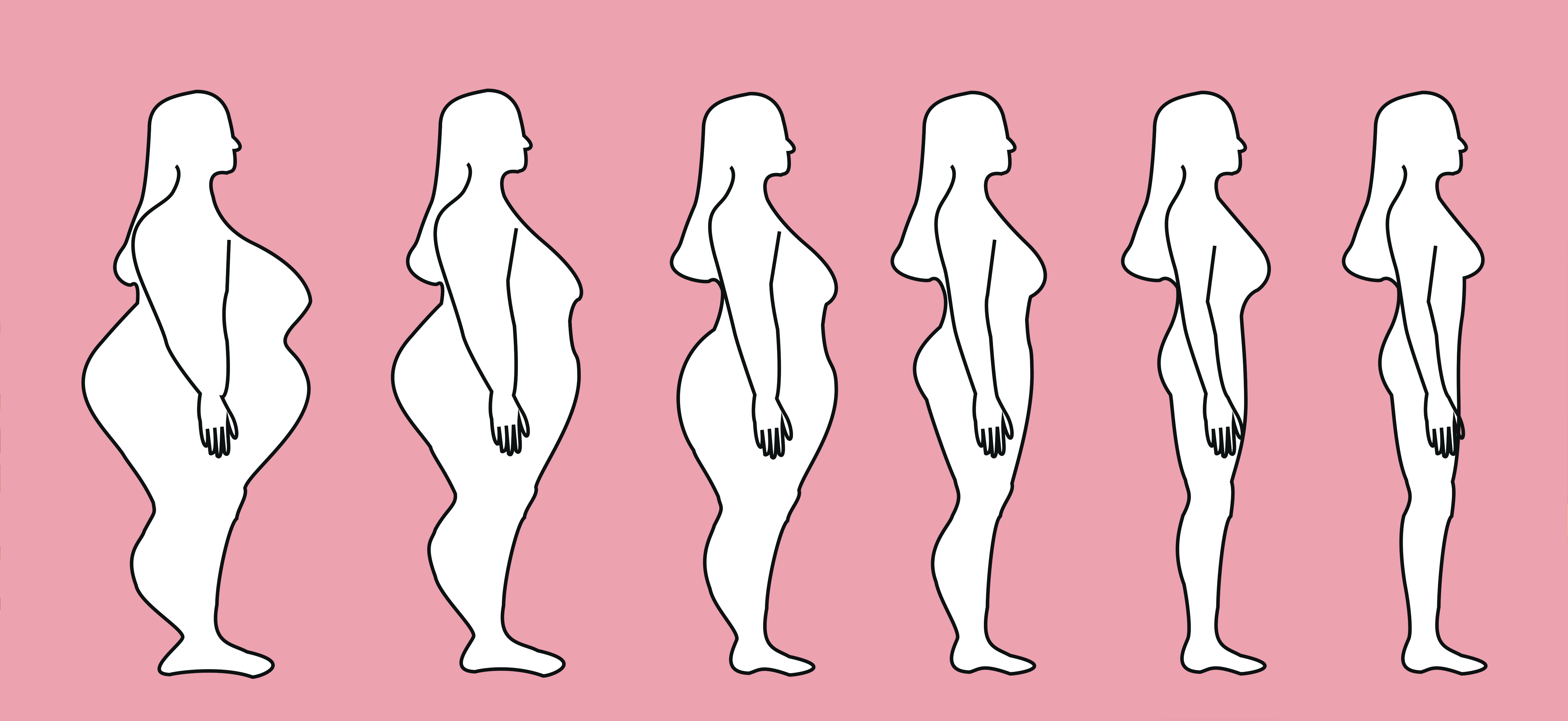Drink plenty of water
A study published in the journal "Obesity" found that drinking a glass of water before meals can lead to an additional 2 kilograms of weight loss over three months. The study divided 48 individuals aged 55 to 75 into two groups, both following a low-calorie diet. One group was instructed to drink 500cc of water before meals, while the other group did not. After three months, the group that drank water lost 7 kilograms, while the group that did not only lost 5 kilograms. Furthermore, the group that drank water also experienced faster weight loss, with a 4-kilogram loss in just 5 weeks compared to the 9 weeks it took for the other group to achieve the same result. Follow-up research also found that those who continued the habit of drinking water before meals not only did not regain weight but also experienced further weight loss.
Drinking water helps maintain normal body metabolism, eliminate waste, and promote circulation in the body. Various nutrients in food also need to be dissolved in water for absorption and utilization. However, modern habits of drinking sugary beverages, and the misconception that drinking such beverages is equivalent to hydrating, not only contribute to obesity and metabolic syndrome but also increase the risk of chronic diseases such as pancreatic cancer, and can even impact childhood development.
Switch to whole grain foods
Unrefined whole grain foods are rich in dietary fiber, which increases satiety and helps control weight. It is recommended to switch to brown rice as the staple food or incorporate other whole grains such as purple rice, whole oats, and whole millet into meals, along with a large amount of vegetables. It is also advised to choose fruits with lower sweetness, such as apples, guava, tomatoes, and kiwi. When it comes to meat, it is recommended to opt for lean options like fish and skinless chicken breast.
Reduce processed food intake
Avoid processed meats like sausages and meatballs, and opt for fresh meat instead. Similarly, choose fresh fruits and vegetables over pickles or fruit juices. Processed foods usually contain starch, seasonings, and additives, with higher proportions of oil, sugar, and salt, resulting in higher calorie content. Additionally, it is advisable to steam or boil food instead of frying, sweet and sour cooking, or stir-frying with high amounts of oil, sugar, and salt. This helps retain more natural nutrients and allows the taste buds to savor the original flavors of the food.
Eat breakfast regularly
Having breakfast is essential to prevent a decrease in basal metabolic rate. The portion should be around 70-80% full, to avoid excessive hunger and overeating. Avoid eating within 3-4 hours before bedtime. Additionally, it is recommended to minimize distractions such as watching TV or using the computer while eating, as being distracted during meals can prevent the brain from receiving satiety signals, leading to a perception of not being full and potentially overeating.
Extreme methods such as starvation, fasting, high-protein diets, mono-food diets, and meal replacements do not necessarily yield good weight loss results. Maintaining a healthy diet and exercise habits is the most sustainable way to control weight in the long run.









